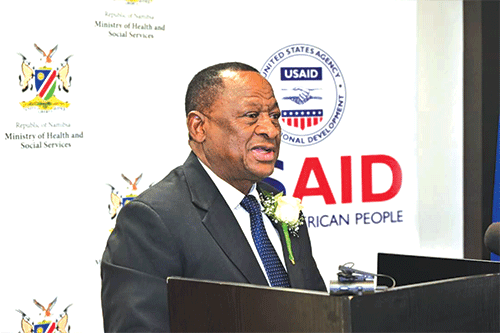OSHAKATI – A total of 29 malaria cases were reported at the Oshakati Intermediate Hospital in December 2023, a stark increase of 25 cases during the same month in the previous year.
This was confirmed by the hospital’s medical superintendent Dr Ruben Kanime, who said out of the 29 cases recorded in December 2023, 22 were tested at the hospital, while seven were referred from district hospitals.
“One factor which can explain the difference in statistics is the good rains received earlier this year,” he added.
Kanime said while the ministry has activated specific interventions to curb the spread of malaria such as indoor residual spraying, communities are urged to promote community-based environmental management practices to reduce mosquito breeding sites, such as draining stagnant water, proper waste disposal, and habit modification.
He further urged residents to practice personal protection by using, among other measures, bed nets, insect repellents and wearing long-sleeved clothing to minimise skin exposure.
– Nampa



